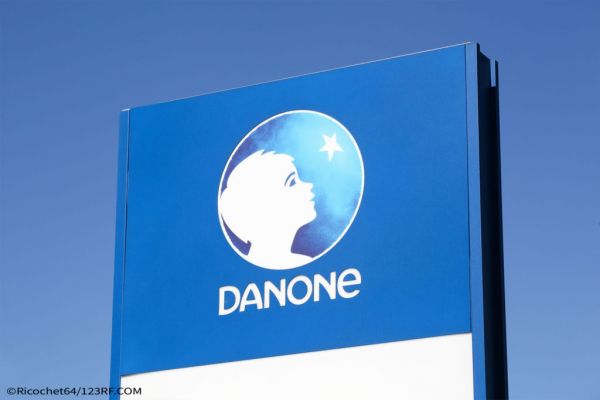Nestle SA (NESN) Chairman Peter Brabeck-Letmathe said new Swiss regulations on immigration and corporate governance pose challenges to the long-term strategy of the world’s largest food company.
Brabeck feels “concern” about the outlook for the Swiss economy as the measures may make doing business more difficult, he said in a speech to shareholders at the Nescafe maker’s annual meeting in Lausanne today.
As Swiss companies adapt to so-called “fat cat” rules requiring binding shareholder votes on the pay of executive and board members, they also face the prospect of a cap on immigration of foreign workers. The Swiss government will set limits on hiring staff from other countries within the next three years after voters embraced an initiative against mass immigration in February.
“In the past, the economic and governance model of Switzerland ensured levels of prosperity and stability that were envied throughout the world,” said Brabeck, who plans to step down from Nestle in 2017 after almost five decades. The recent political decisions have led the country into a “period of uncertainty,” he said.
Caps on immigration may affect Nestle’s plans to add about 350 employees at a new Nespresso coffee-capsule factory in the Swiss town of Romont, Chief Executive Officer Paul Bulcke said in February.
Factory Workers
“In Switzerland, we employ staff from more than 90 countries, from factory workers to the world’s most renowned experts,” Brabeck, an Austrian, said. “We need to be able to recruit them and bring them here from everywhere, without restrictions or waiting times.” Brabeck is “confident” a pragmatic approach will be found to implement the outcome of the immigration referendum, he said.
The referendum poses a challenge for Switzerland’s government, as quotas on European Union citizens may jeopardize trade accords with the bloc, the biggest buyer of Nestle’s Swiss-made products. The referendum wasn’t a vote against trade agreements but rather a “wake-up call” that the country’s openness was being abused, he said.
Electing board members annually and picking the chairman directly through a shareholder vote has the unintended consequence of boosting the power of non-Swiss shareholders, who own about two-thirds of Nestle’s stock, Brabeck said. New bylaws to empower investors also raise the possibility that shareholders could throw out an entire board in one go, he said.
“The level of volatility will increase,” he said. “This transfer of power from the board of directors to shareholders and the annual elections will tend to favor a short-term perspective. We should not forget that Nestle’s success story, which stretches back almost 150 years, is based on solid, long-term commitment.”
Bloomberg













